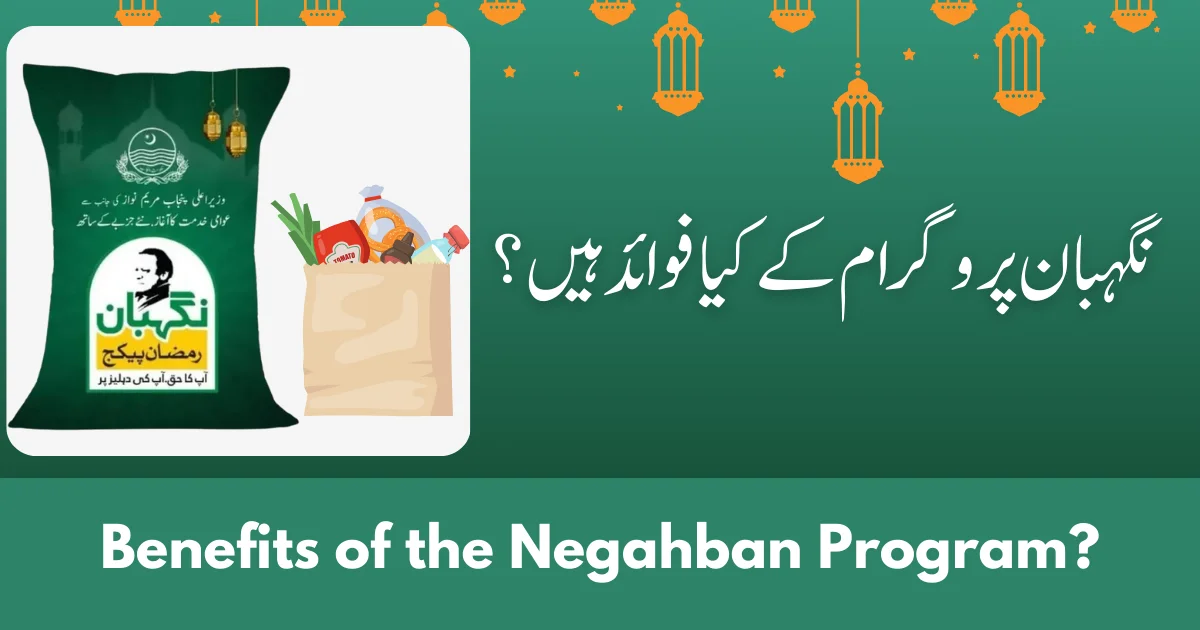The Negahban Program, implemented by the Punjab government in Pakistan, aims to address food insecurity amongst deserving families in the province. Launched in 2024, it targets a significant portion of the population, specifically seven million families. Let’s delve into the program’s benefits and how it uplifts communities.
Direct Food Assistance
The program’s core benefit lies in providing essential food items directly to recipient families. Each ration bag distributed through the Negahban Program reportedly contains:
- 10 kg of flour
- 2 kg of sugar
- 2 kg of wheat flour (likely additional to regular flour)
- 2 kg of cooking oil
- 2 kg of rice
These staples form the foundation of a balanced diet, and their provision helps ensure food security for beneficiaries. This direct assistance alleviates hunger pangs and promotes better nutrition, particularly for vulnerable children and elderly individuals.
Improved Living Standards
By fulfilling a basic need like food, the Negahban Program frees up household resources for families. Money previously allocated for purchasing these essentials can now be directed towards other necessities like clothing, healthcare, or education. This improves overall living standards and fosters a sense of financial security for recipients.
Economic Impact
The Negahban Program also has a positive impact on the local economy. The procurement of bulk quantities of food items stimulates agricultural production and benefits businesses involved in the supply chain. Additionally, the program might create temporary job opportunities for those involved in packaging and distribution.
Social Upliftment
The Negahban Program contributes to social stability by addressing a critical need within communities. When families have access to adequate food, it fosters a sense of well-being and reduces social tensions. Moreover, improved nutrition can lead to better health outcomes and increased productivity amongst the population.
Transparency and Accessibility
Negahban Program prioritizes transparency and accessibility. The “secret door-to-door system” aims to deliver rations with dignity and eliminate favoritism. This approach builds trust within the community and ensures the program reaches those who need it most.
Conclusion
The Negahban Program offers a multi-pronged approach to tackling food insecurity in Punjab. By providing essential food items, the program directly benefits families and uplifts their living standards. Additionally, it has a positive ripple effect on the local economy and social well-being. With continued implementation and improvements, the Negahban Program has the potential to significantly reduce food insecurity in Punjab.

